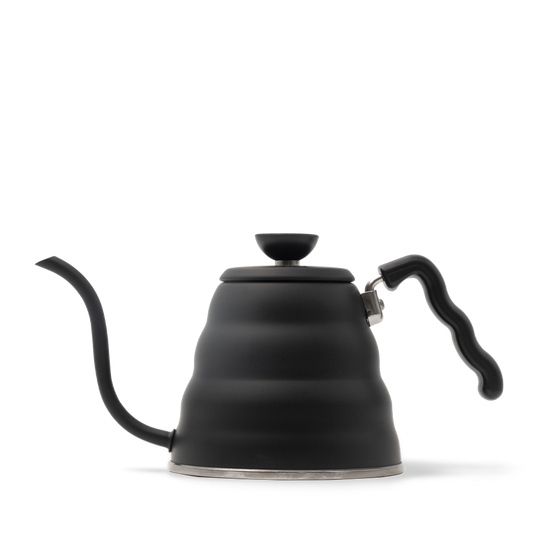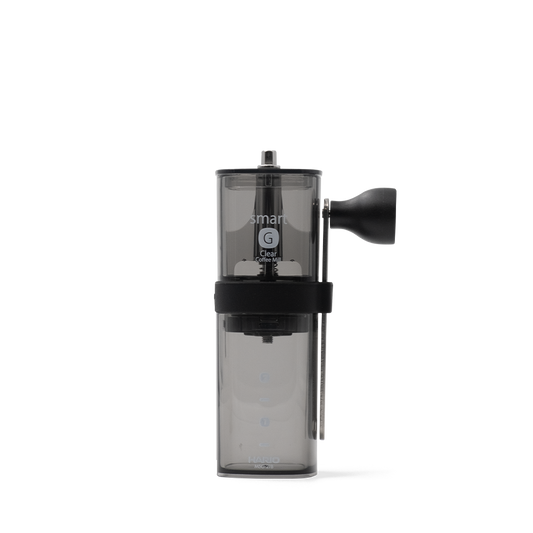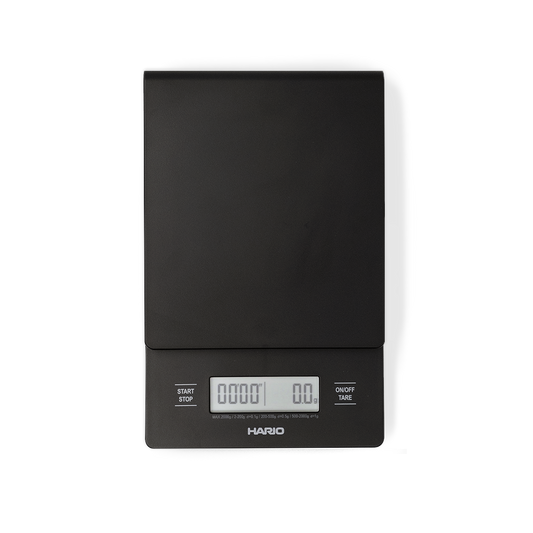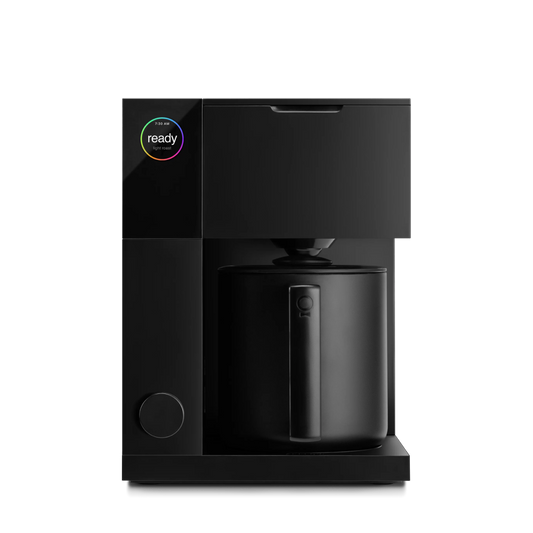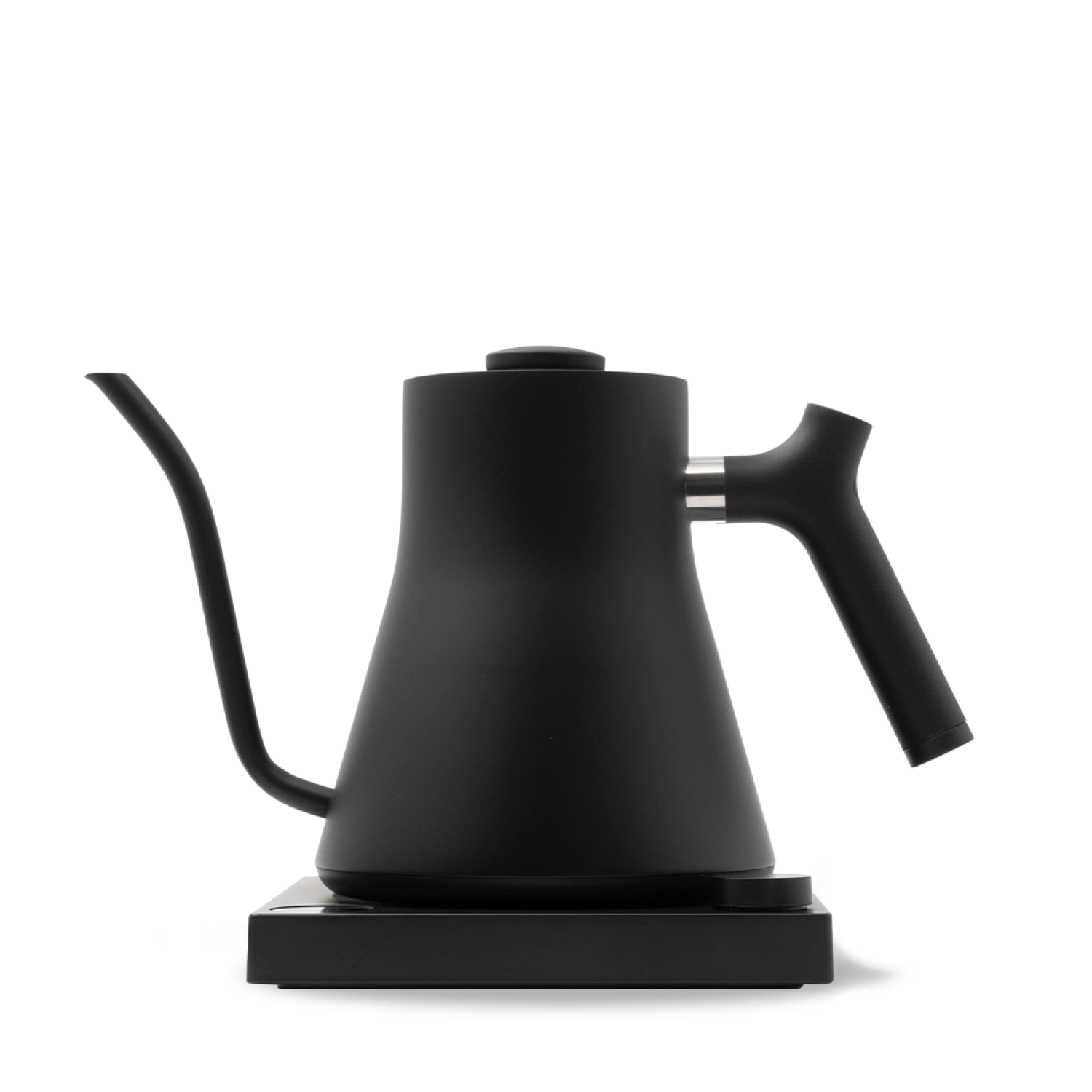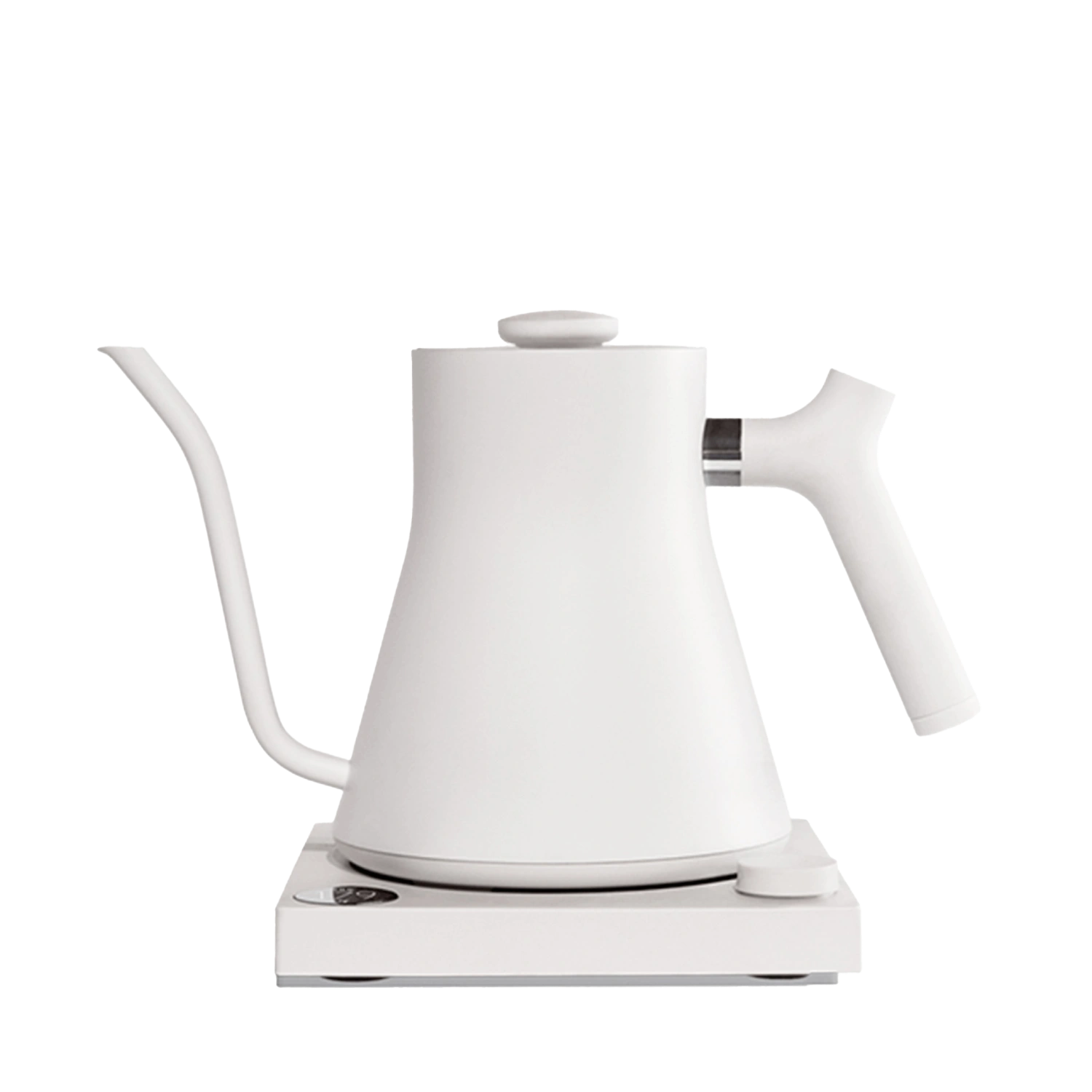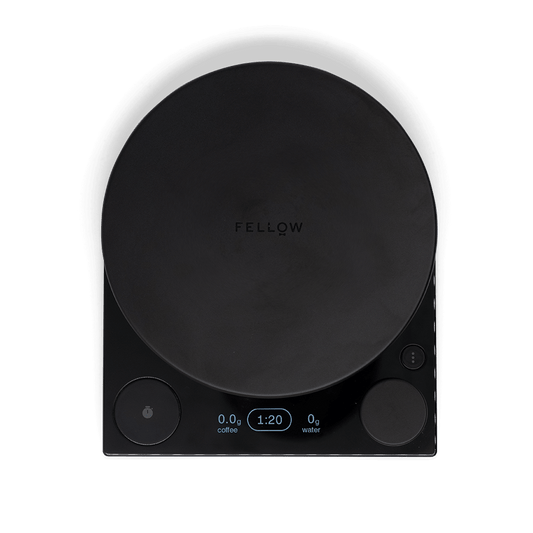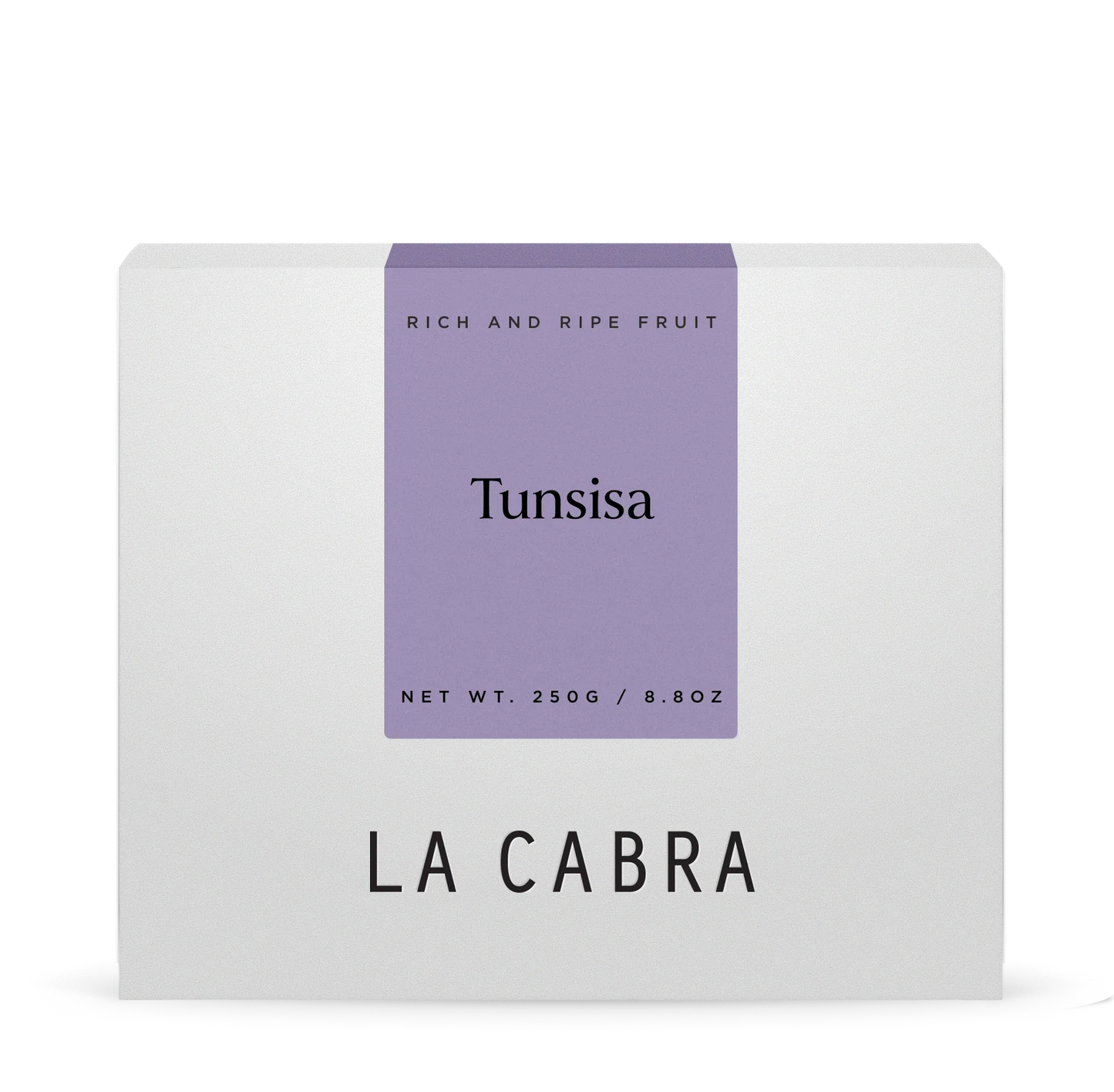
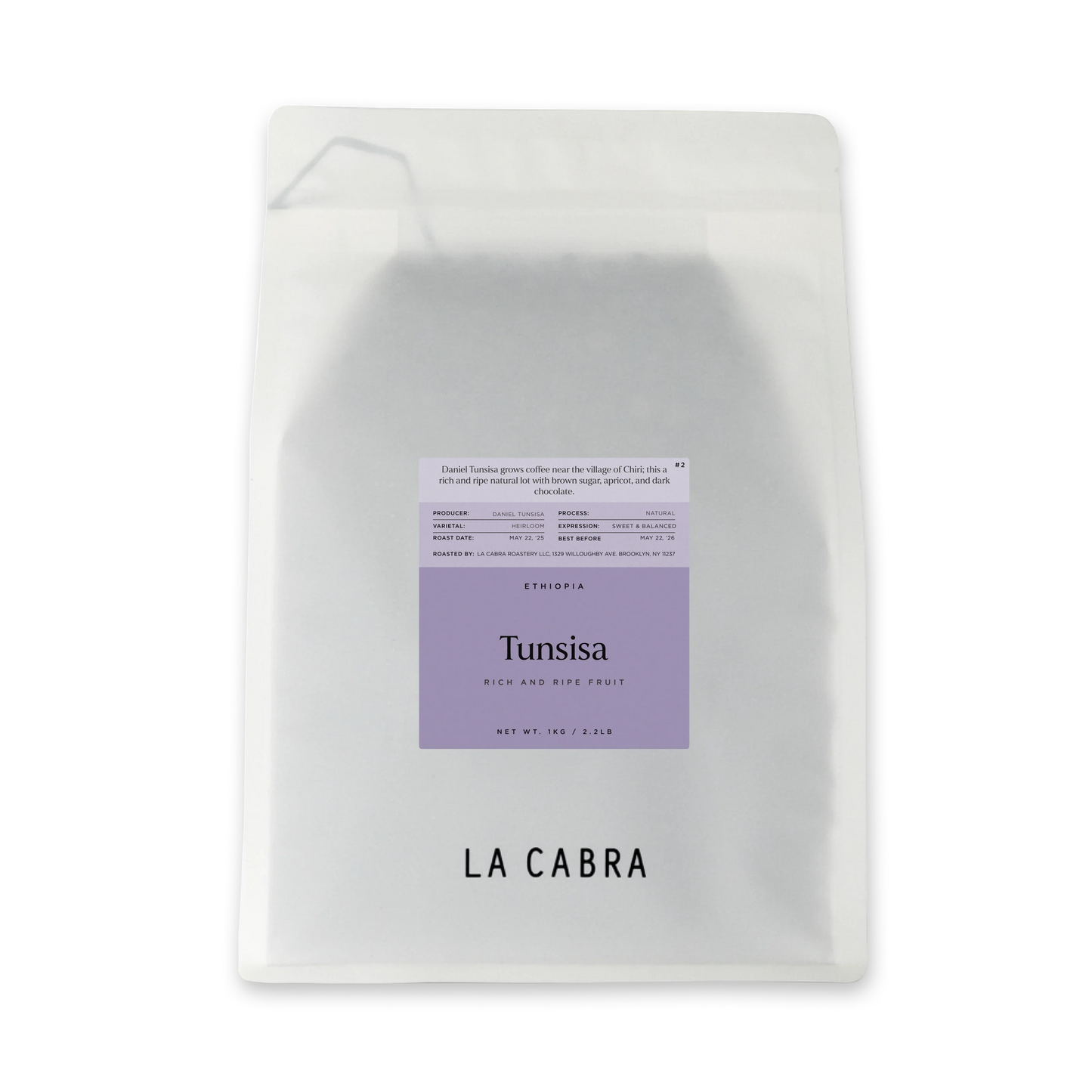
Daniel Tunsisa
Daniel Tunsisa grows coffee in fertile land on the edge of the Harenna forest national park, at over 2200 masl in the Sidama region. He is located near the village of Chire, where we have purchased lots from several local washing stations in the past, but Daniel’s coffee is rather different. He inherited his 6 hectare plot from his father, a huge amount of land in a landscape dominated by smallholder farmers. Here, Daniel runs his business more like small producers we work with in the Americas, with trees of the locally distributed 74110 and 74112 varietals planted, and a workforce of around 45 people during peak harvest, many of them smallholder coffee farmers themselves.
They process all of the coffee here as naturals, without any of the infrastructure required to produce washed coffees. Daniel himself acted as the exporter of this coffee to La Cabra in Denmark and the USA, the first time he has been able to export directly.
-v1759321231754.jpg?900x1125)
Daniel’s natural lot was an excellent find during this year’s rounds of cupping with CoQua in Addis Ababa, with a rich and ripe character of brown sugar, apricot, and dark chocolate.
CoQua
The viability of new regions and new producers to the market is an interesting challenge for Ethiopia’s fast moving coffee industry. Providing agronomic support is vital in order to maintain the quality and iconic flavour profile of Ethiopian coffee. One of the driving forces behind this movement is CoQua, founded by Moata Raya and Ansha Yassin. Moata and Ansha previously worked together at international agricultural NGO Technoserve, and are experts in farming and farm management, as well as quality control and value chains. It was during their tenure that Technoserve supported the building of the Duromina, Nano Challa and Biftu Gudina cooperatives, which became iconic in the speciality industry around a decade ago.
-v1759321232559.jpg?900x1125)
Now, it is Moata and Ansha’s turn to push Ethiopian coffee forward again, by supporting new coffee producers on the high plains of Sidamo, in areas where coffee wasn’t viable just a decade ago. They have begun their work in connecting these producers to relevant buyers, who can pay premium prices for their excellent quality. We are excited to be on this journey with CoQua, having been introduced last year through our American friends at Crop to Cup.
-v1759321233187.jpg?1200x800)

















